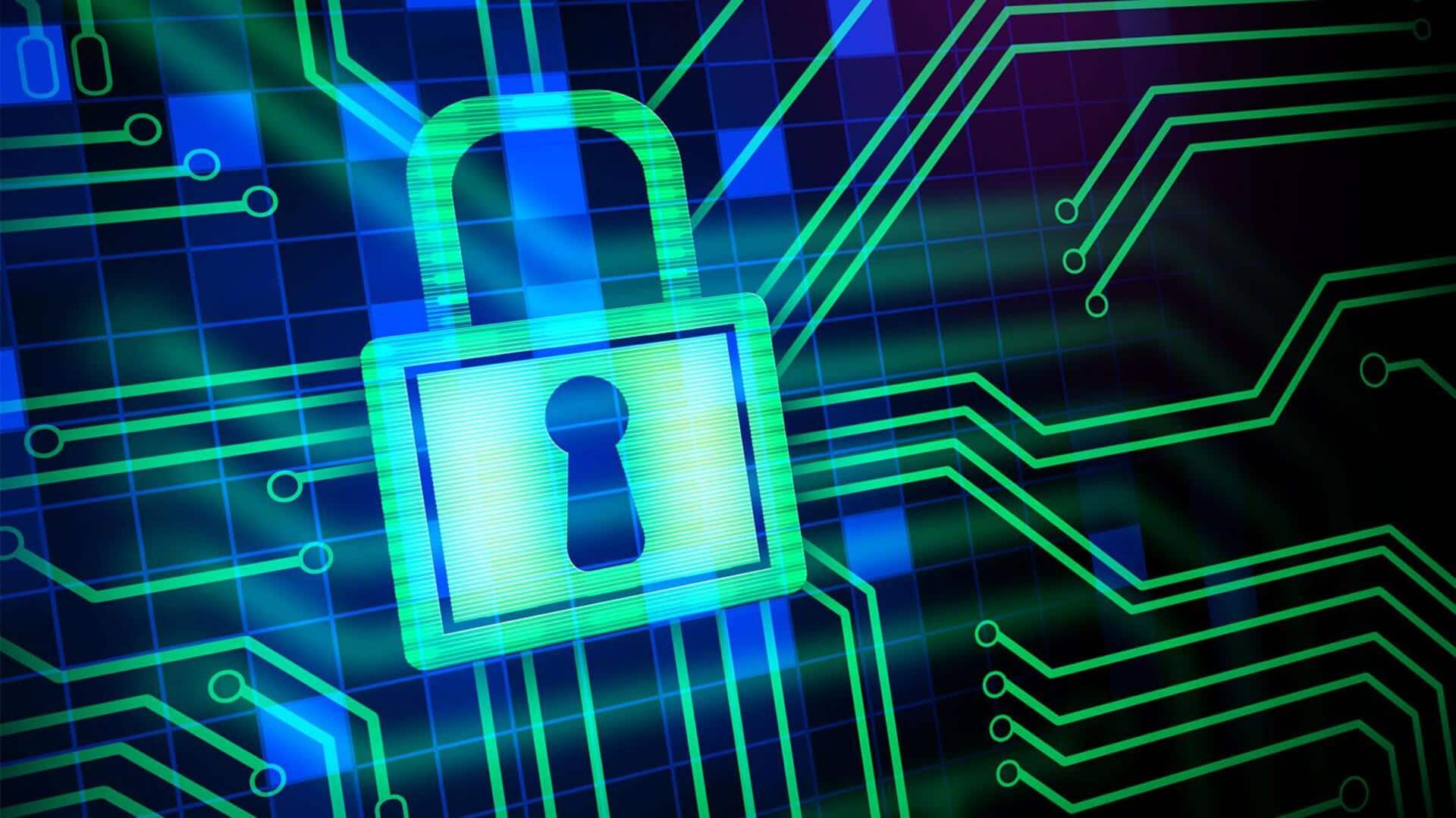
How India's banking sector will be protected from quantum threats
What's the story
India is gearing up to bolster its cybersecurity measures in the face of the impending threat posed by quantum computing, which could potentially compromise existing encryption standards. Narendranath Gangavarapu, Joint Secretary at the National Security Council Secretariat (NSCS), revealed this development at the India Mobile Congress. He warned that quantum computers could crack current public-key encryption systems used in financial and defense networks.
Task force
National task force formed under NSCS
To tackle this challenge, a national task force has been formed under the NSCS. The body will supervise the transition to more secure encryption systems capable of withstanding quantum computers' decryption capabilities. The task force has already formed two subcommittees: one for developing standards and certification frameworks for quantum systems, and another for mapping out a migration path for sectors like banking and finance.
Government support
Task force's efforts align with National Quantum Mission
The task force's efforts are in line with the government's ₹6,000 crore National Quantum Mission. The project, led by the Department of Science and Technology, is focused on quantum computing, communication, and sensing. Gangavarapu said that NSCS's job is to look at the security implications of these developments and make sure India's critical systems are resilient against quantum threats.
Data protection
Focus on securing long-lived data
Gangavarapu stressed the importance of securing long-lived data, which could be at risk once quantum computers become powerful enough to break today's encryption. He said, "Some data has a long life—five years or more—and must remain secure even when quantum computers become powerful enough to break today's encryption." This is where the focus of this initiative lies.
Collaborative effort
Collaboration with industry and academia
The task force's work is being done in collaboration with industry experts and academia. This is to ensure that India creates its own quantum-safe standards instead of relying on imported cryptographic systems.